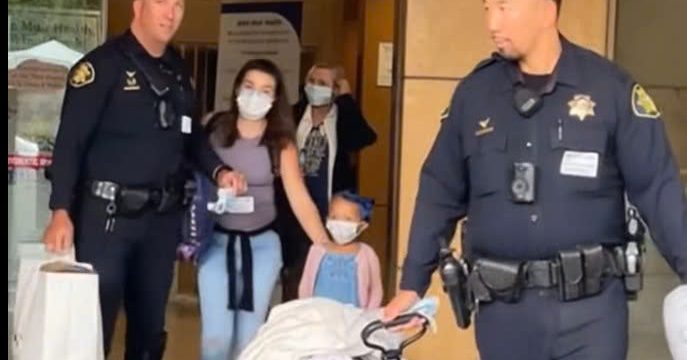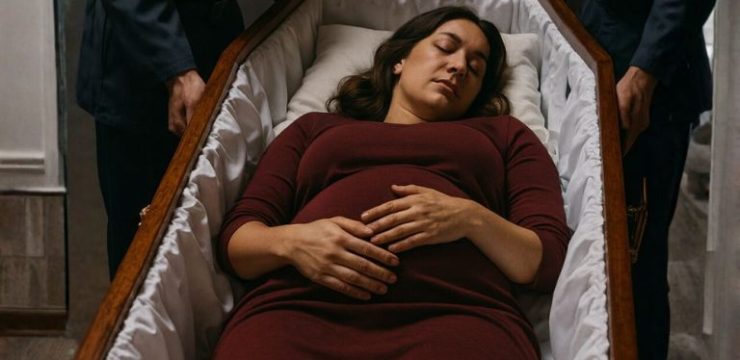The photograph is haunting.
A young boy, barely older than a child, stands in worn-out rags that hang from his thin frame. His eyes—serious, unwavering—lock onto the camera with a kind of quiet defiance. It’s as if he’s daring history to remember him, to not look away.
His name was Taylor. He was a drummer boy for the 78th United States Colored Troops during the Civil War.
The war didn’t ask his age. It didn’t wait for him to grow up. Like it did for so many others, the war swallowed him whole.

Born Into Struggle
Long before he marched with soldiers, Taylor had already known what hardship meant. Like many children born into slavery or its shadow, his childhood was over before it began. There were no toys, no classrooms, no carefree afternoons. There was only survival.
Survival meant labor. It meant learning to follow orders, to endure hunger, pain, and silence.
But somehow, in the midst of that life, Taylor found rhythm. Maybe it was in the beat of church music. Maybe it came from tapping sticks on fences or buckets. Wherever it began, rhythm gave shape to his world. It gave him something steady to hold onto.
So when Union recruiters formed the 78th Colored Troops, Taylor was too young to hold a rifle—but not too young to carry a drum.
The Beat That Held the Regiment Together
Taylor’s drum wasn’t just an instrument—it was the heartbeat of the regiment.
From morning reveille to battlefield marches, that beat told the soldiers when to rise, when to move, when to fight. For men who had once been denied even the right to carry arms, the drum was a symbol of power, pride, and unity.
And it was Taylor—barefoot, hungry, wrapped in clothes more hole than fabric—who carried that power in his hands.
Marching Against Hate
The men of the 78th fought two battles: one against the Confederacy, and another against the racism within their own Union Army.
Their bravery was questioned. Their presence was mocked. Supplies were uneven. Pay was delayed or denied. Confederate troops saw them as traitors to a broken system and treated them with brutal hatred.
Taylor saw it all. He felt it in the looks, heard it in the slurs, lived it in the exhaustion of each long march. But when he picked up his sticks, when his hands met the skin of the drum, he wasn’t just a boy anymore.
He became the pulse of the fight.
Even when mud sucked at their boots and hunger clawed at their insides, even as bullets flew and night skies split with gunfire—Taylor’s beat marched them forward.
Each tap said: We are here. We are still marching. We will not be erased.
Facing Fear with Courage
One morning, just before dawn, the 78th prepared for battle. Men whispered quiet prayers and checked their rifles. Taylor sat by the fire, his drum beside him, staring into the flames.
A sergeant noticed the boy’s silence. “You scared, son?” he asked.
Taylor looked up—young, but steady. “Yes, sir,” he replied honestly.
The sergeant nodded. “Good. Only fools ain’t scared. Just keep that beat steady. Don’t let us forget who we are.”
When the order came, Taylor’s hands trembled. But his sticks did not. His drum rang out over the chaos, guiding soldiers through fear and fire. He was too small to fight, too young to understand it all—but his courage spoke louder than the cannons.
He gave them something to follow.
A Boy in Rags, A Spirit Unbroken
After battles, the 78th often returned ragged and worn. Supplies were low, pay was scarce. Black soldiers received even less than their white counterparts. Taylor’s clothes fell apart from long marches and harsh weather.
That’s how history remembers him—in rags. But not in shame.
His dignity wasn’t in what he wore, but in how he stood.
There’s something in his photograph—those eyes—that refuses pity. He had given everything, and yet, he still stood tall.
“If I Don’t Beat This Drum…”
One day, an officer asked Taylor why he stayed. Why risk his life every day when he was still so young?
Taylor’s answer was simple:
“Because if I don’t beat this drum, who will know we came?”
That one sentence captures the weight of his sacrifice.
He wasn’t fighting for medals or recognition. He was fighting to make sure his people weren’t forgotten. He was fighting to be seen, to leave a mark.
A Legacy That Still Marches
The 78th Colored Troops fought with honor in campaigns too often reduced to a footnote in textbooks. Many never made it home. Some died without graves. Others faded from memory.
But they fought. They bled. They proved—time and again—that freedom was worth the cost.
And behind them, always, was the sound of Taylor’s drum.
He may not have had a monument. He may not have lived long enough to write his story. But that photo—that boy in rags—still echoes through time.
Look at him closely.
You won’t see fear. You won’t see pity. You’ll see resilience. You’ll see a boy who became the voice of his regiment, the memory of a struggle, the keeper of a beat that refused to die.
The Echo of Freedom
When we talk about the Civil War, we remember generals and great battles. But we must also remember Taylor—the drummer boy who marched for something bigger than himself.
Every strike of his drum said:
We matter. We fight. We are becoming free men.
He was just a boy. But in those smallest of hands lived the loudest echo of freedom.
Taylor wasn’t just a child in rags.
He was a soldier of spirit.
A voice of history.
A reminder that some drums never stop beating.





